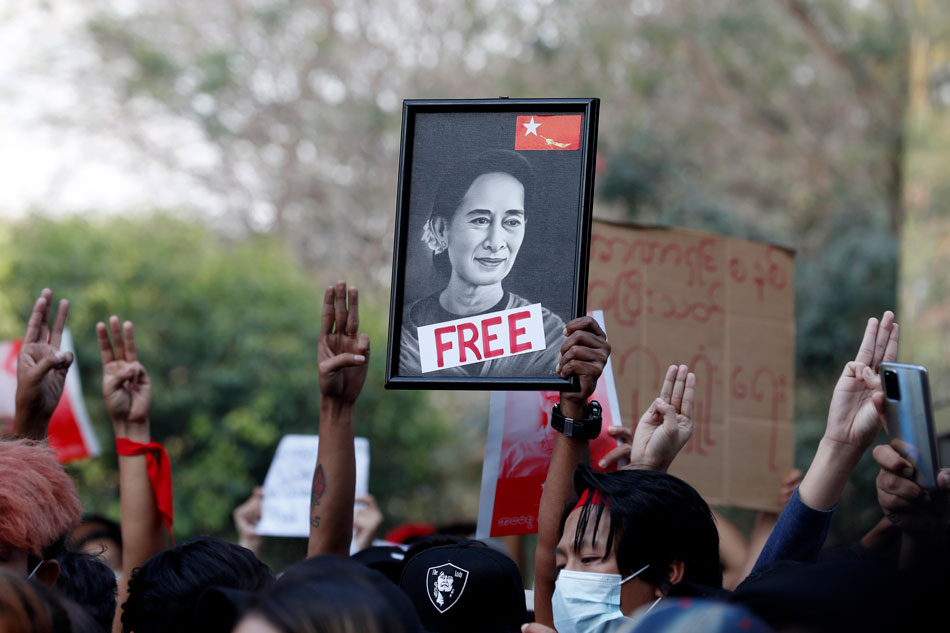
The United Nations Security Council asked Myanmar’s military regime to free Aung San Suu Kyi, who has been imprisoned since the army conducted a coup and ousted her civilian administration two years ago.
On Wednesday, the United Nations General Assembly passed its first resolution on the situation in Myanmar, calling for the “immediate release of all arbitrarily detained detainees,” including 77-year-old Suu Kyi and former President Win Myint.
Given that the 15-member council has been divided in Myanmar for decades, the resolution is momentous. Previously, the group issued solely formal statements on the state of the country, refraining from interfering in internal affairs.
According to diplomats cited by AFP news agency, the last council resolution pertaining to Myanmar was the one the UN issued in 1948 authorizing the country’s membership in the international organization.
The resolution has also sought “an immediate end to all forms of violence”, asking for “all parties to respect human rights, fundamental freedoms, and the rule of law.”
The resolution passed with 12 votes, with permanent members China and Russia abstaining. They also chose not to veto the wording. Notably, India also voted no.
“Any opportunity for the Security Council to speak with one strong, united voice on any issue and especially on Myanmar would be much welcomed,” Secretary-General Antonio Guterres’s spokesman said ahead of the vote.
The UK wrote the resolution’s language in September, and multiple adjustments were made to assure its passage, according to UN observers.
Text referring to the council’s intention to utilize all of its powers if Myanmar fails to comply with the resolution is said to have been eliminated.
Aside from that, some members objected to a clause requiring the UN secretary-general to report to the council every 60 days on the situation in Myanmar.
